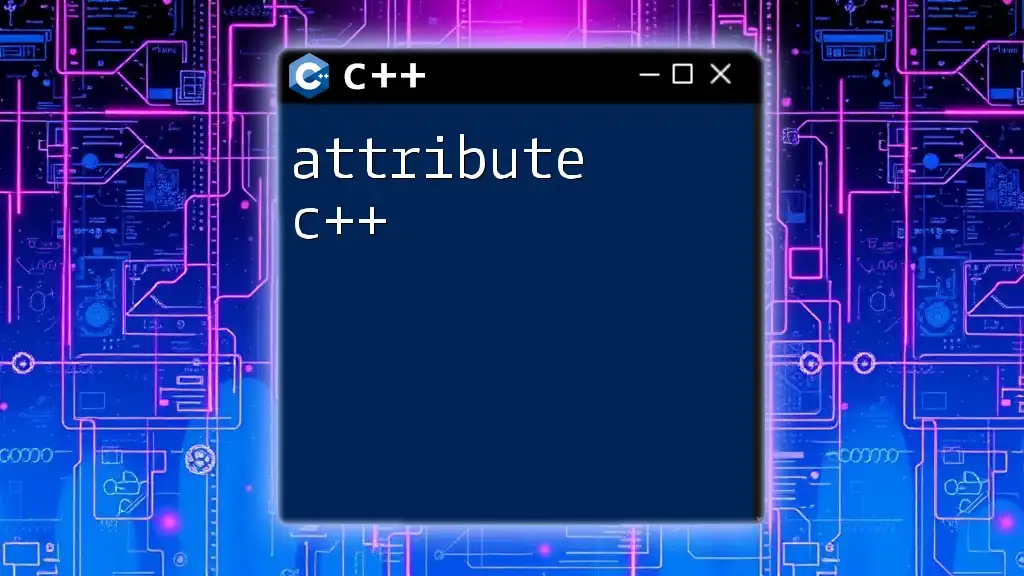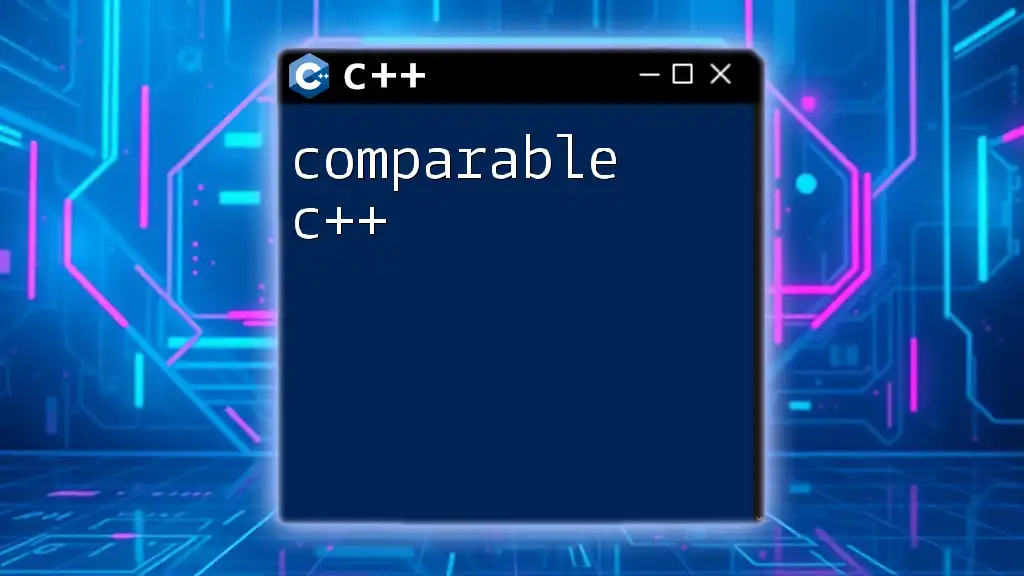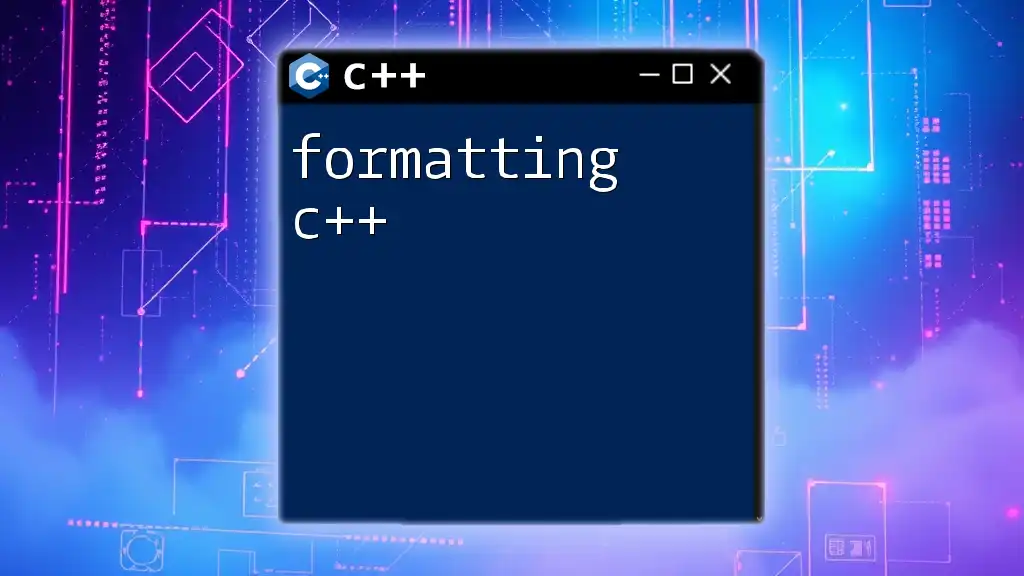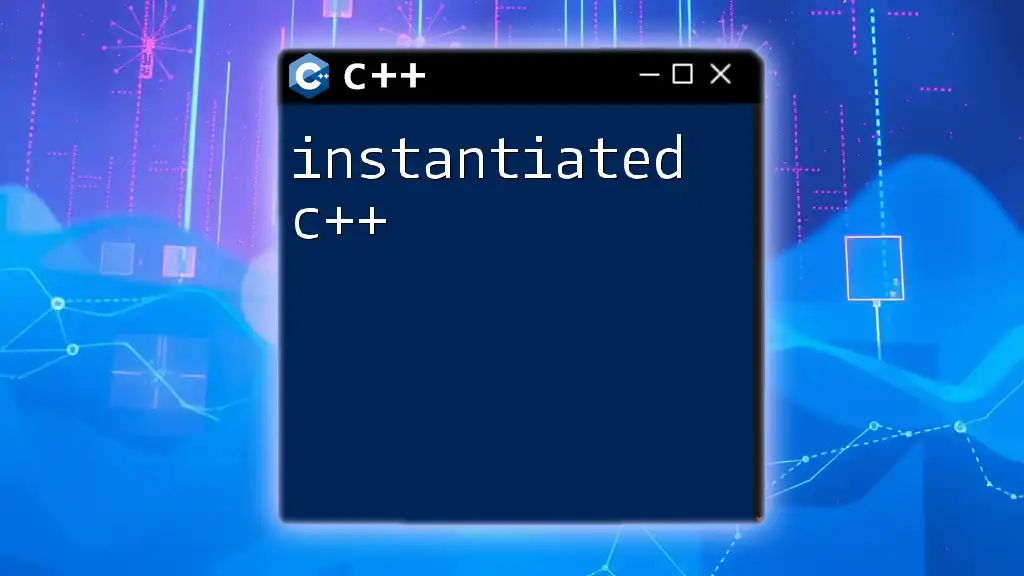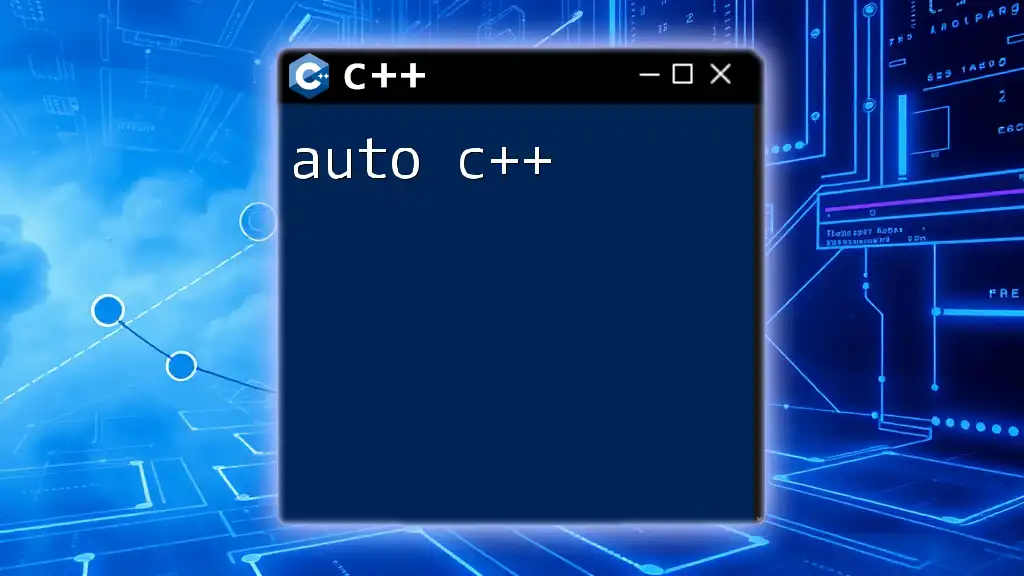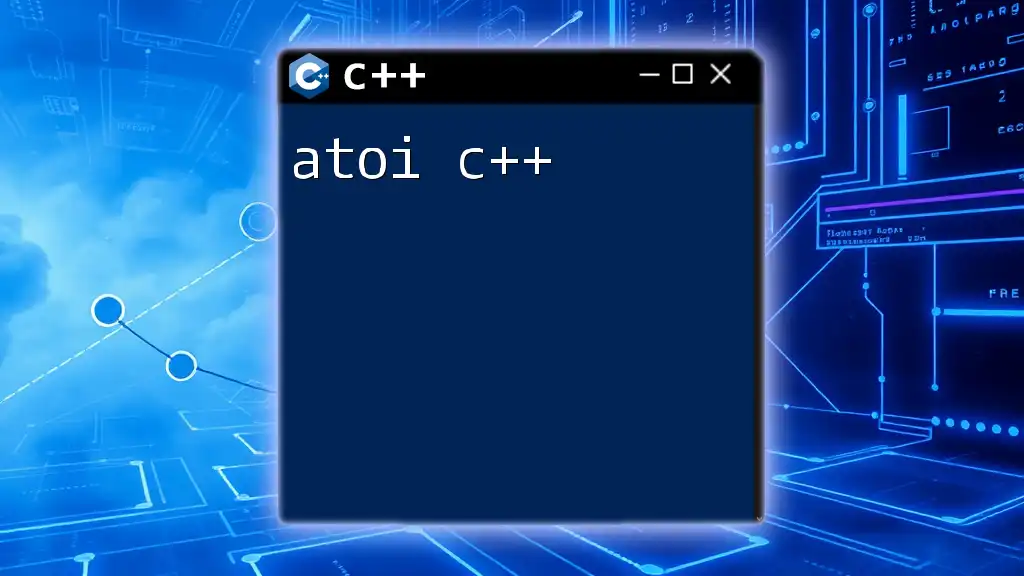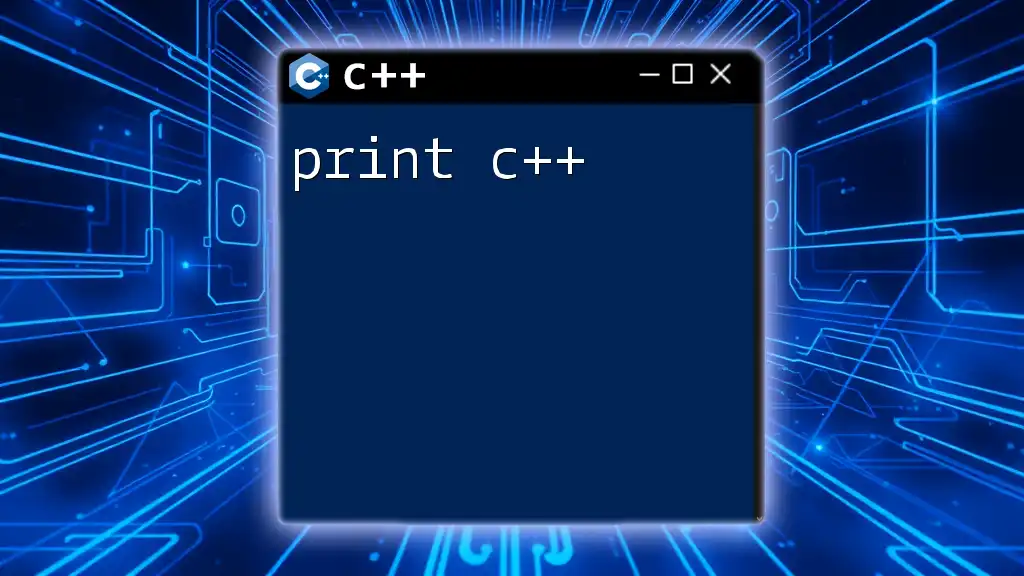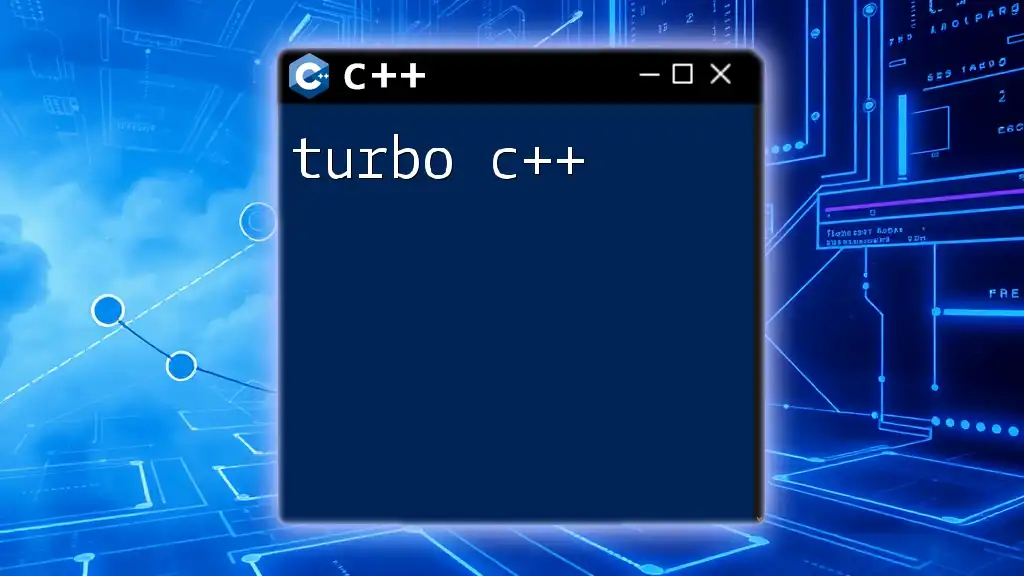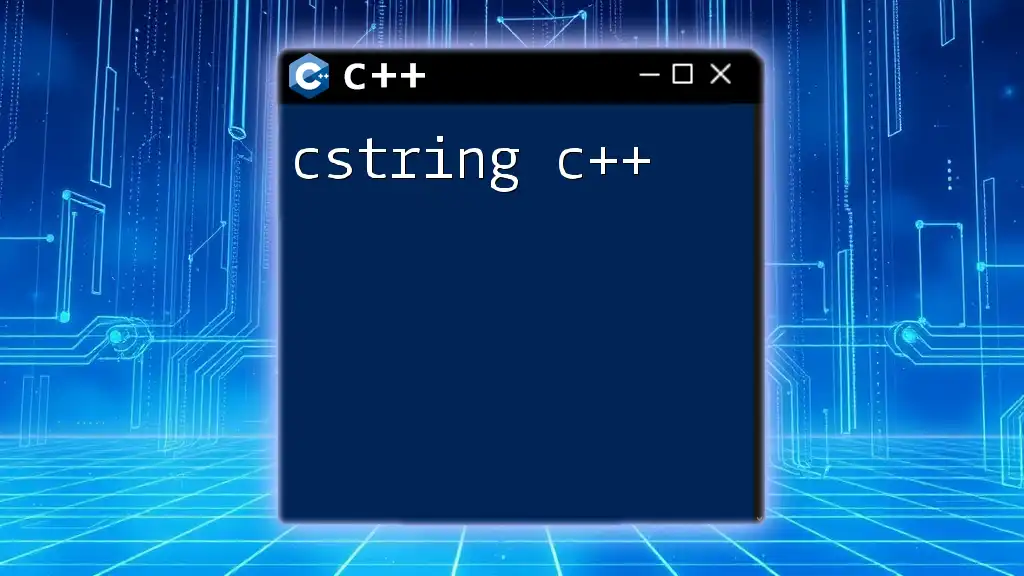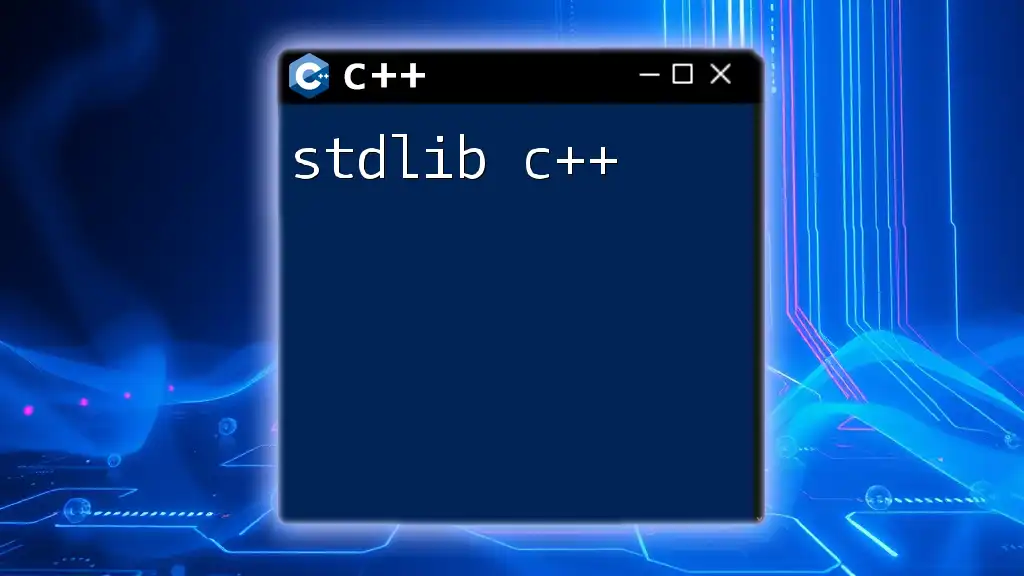Attributes in C++ are a feature that provide a way to specify additional information about various elements in your code, such as functions or types, which can be used by tools or the compiler for optimization and diagnostics.
[[nodiscard]] int calculate() {
return 42;
}
What Are C++ Attributes?
Definition of Attributes
C++ attributes are a way to provide additional information about the entities in your code, such as functions, variables, or types. They are written in double brackets `[[ ... ]]` and serve as a means to instruct the compiler on how to treat certain pieces of code. Unlike macros, which perform a textual substitution, attributes are part of the language syntax and are evaluated directly by the compiler.
Purpose of Attributes
Attributes enhance the clarity and intent of code, helping both the compiler and future developers understand its behavior better. They can affect code generation, improve performance, and guide the compiler's optimization techniques. Using attributes correctly can significantly improve the reliability and maintainability of your codebase.
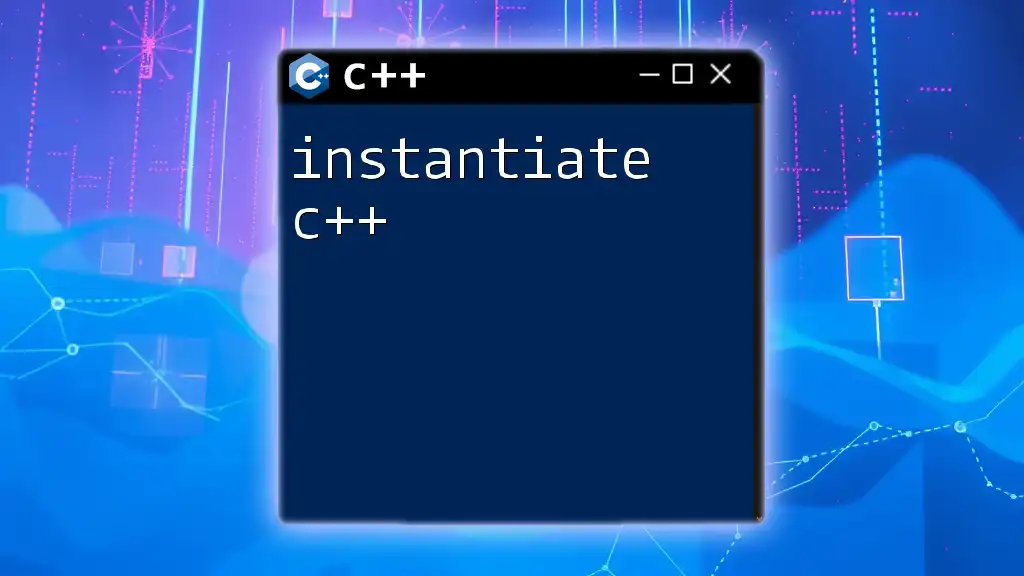
Types of C++ Attributes
Standard Attributes
C++ comes with a set of standard attributes that can be used to annotate code. This section will cover some commonly used attributes.
`[[nodiscard]]`
This attribute indicates that the return value of a function should not be discarded. When a function marked with `[[nodiscard]]` is called, the compiler issues a warning if the return value is not used.
Example:
[[nodiscard]] int calculate() {
return 42;
}
// Usage
void example() {
calculate(); // Compiler warning: ignoring return value
}
`[[deprecated]]`
The `[[deprecated]]` attribute marks a function or type as outdated. This is particularly useful for guiding developers away from using old, unsupported code. You can also provide a message that suggests using a new function instead.
Example:
[[deprecated("Use newFunction instead")]]
void oldFunction() {
// ...
}
// Usage
void example() {
oldFunction(); // Compiler warning: 'oldFunction' is deprecated: Use newFunction instead
}
`[[maybe_unused]]`
This attribute signals that a variable, function, or type may not be used, preventing compiler warnings about unused entities. This is useful when declaring interface components that may not be immediately utilized.
Example:
[[maybe_unused]] int unusedVar = 10;
// Usage
void example() {
// Unused variable, no warnings will be issued
}
User-Defined Attributes
While the C++ standard provides several builtin attributes, you can also define custom attributes in some contexts – mainly within specific frameworks or systems. However, defining user-defined attributes is less common and often limited to special cases where frameworks may introduce their own compiler hints.
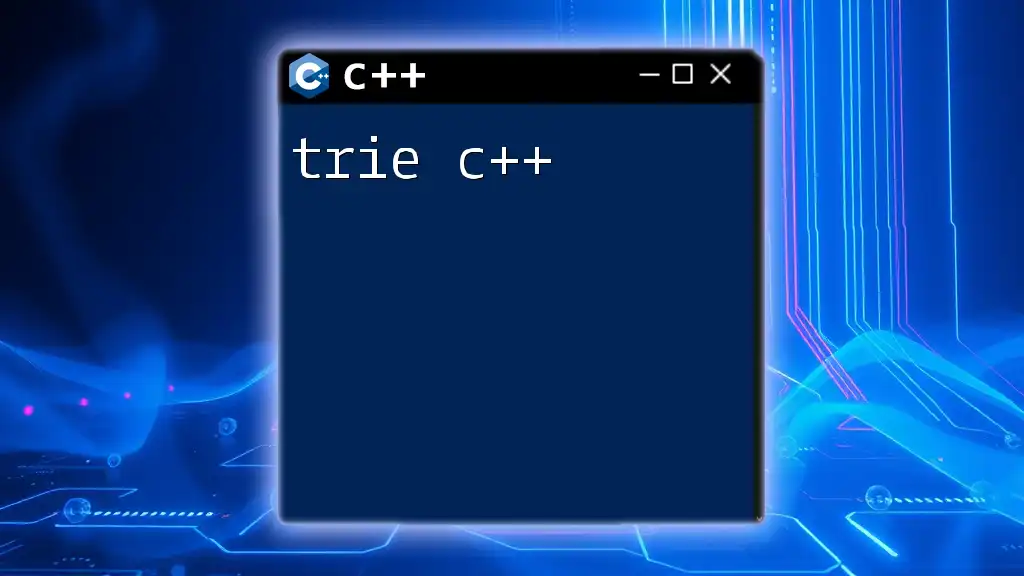
Benefits of Using C++ Attributes
Code Readability
C++ attributes serve to improve readability by providing immediate context on how entities should be treated. When programmers read your code, they can grasp the intended usage at a glance, making code easier to maintain.
Compiler Optimization
Another significant benefit of C++ attributes is optimization. Attributes like `[[nodiscard]]` inform the compiler of potential issues, allowing it to better optimize the code for performance. This results in more efficient executables.
Emit Warnings and Errors
Attributes such as `[[deprecated]]` help in maintaining code quality by emitting warnings or errors when outdated or incorrect code is used. This encourages developers to adhere to the latest standards and best practices.
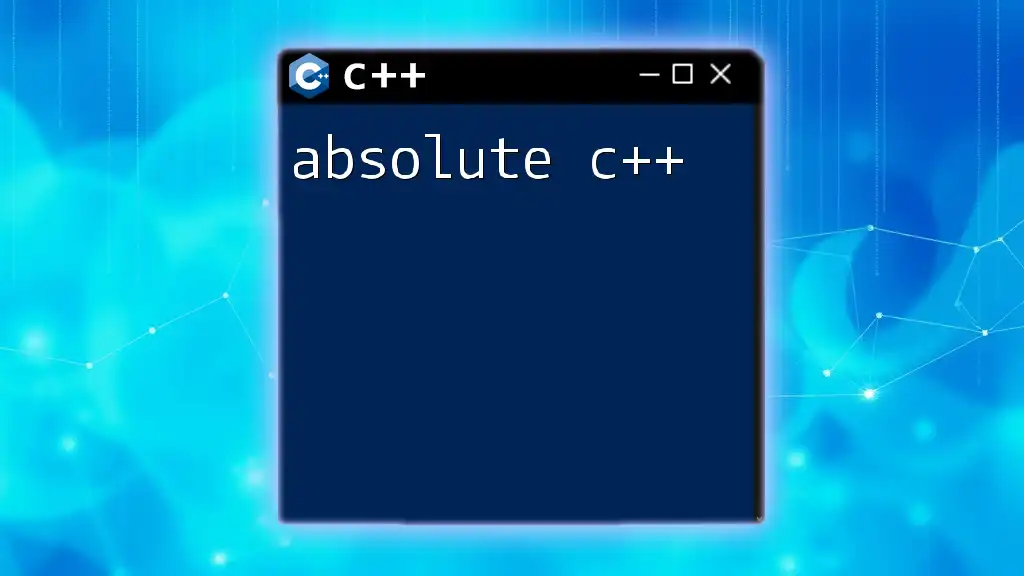
How to Use C++ Attributes
Syntax and Structure
The syntax for using attributes in C++ is straightforward. Simply enclose the attribute name within double brackets. Here is an example of how to apply the `[[nodiscard]]` attribute to a method in a class:
struct MyStruct {
[[nodiscard]] int getValue() const {
return 42;
}
};
Best Practices for Using Attributes
When implementing attributes in your code, consider the following best practices:
- Be mindful of your audience: Ensure that team members understand what each attribute means.
- Use attributes judiciously: Avoid over-using attributes, as this can clutter your code and obscure its meaning.
- Document attributes: Always pair attributes with comprehensive documentation, detailing their purpose and implications.
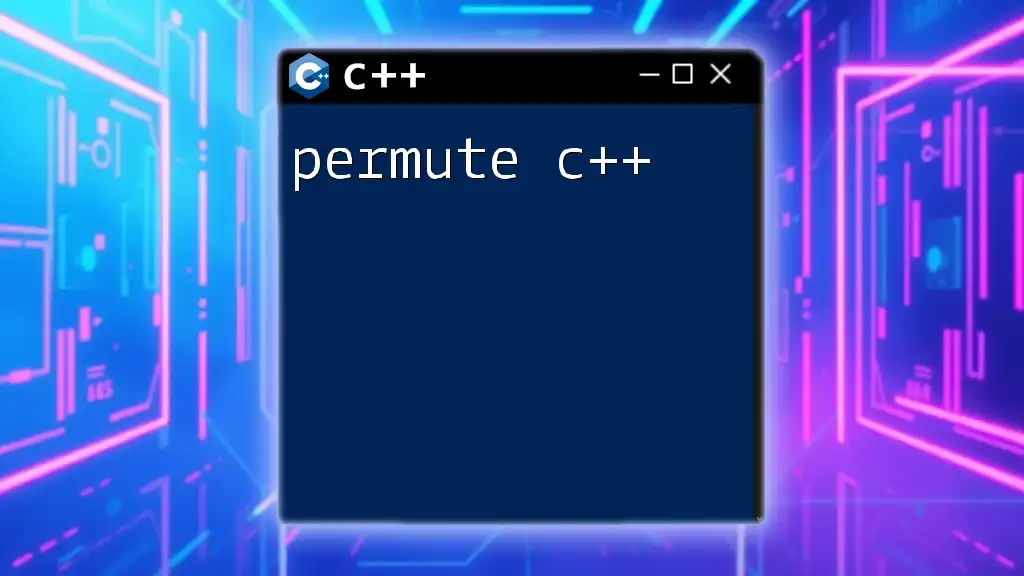
Attributes in C++17 and Beyond
New Additions in C++ Attributes
C++17 introduced several new features, including enhancements to attributes. While not a multitude of new attributes, the existing ones have been optimized, and future standard proposals are likely to introduce more attributes aimed at improving developer experience.
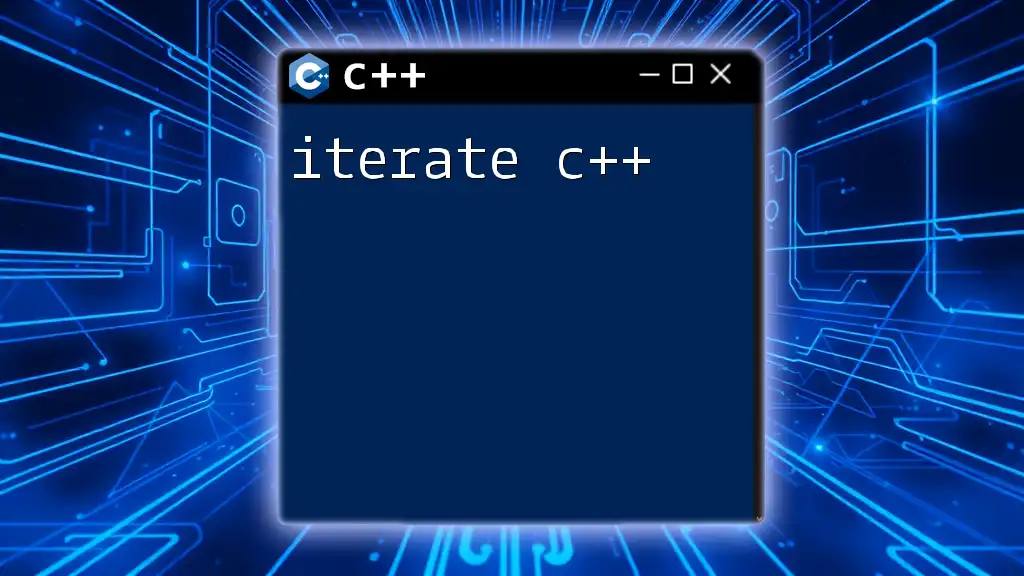
Real-World Applications of C++ Attributes
Use Cases in Software Development
Attributes have found applications across various domains in software development. They can be particularly useful in libraries or frameworks where certain behaviors need to be enforced. For instance, libraries that require managing memory safely can use `[[nodiscard]]` to prevent resource leaks.
Example:
[[nodiscard]] std::unique_ptr<MyClass> createInstance() {
return std::make_unique<MyClass>();
}
Case Study: Improving Code Quality with Attributes
Consider a project where C++ attributes were gradually integrated into a legacy codebase. Initially, developers removed deprecated functions and replaced them with modern alternatives using the `[[deprecated]]` attribute. This change not only reduced the number of bugs but also improved overall code quality and comprehension. The final result was measurable enhancements in maintainability and reduced technical debt.
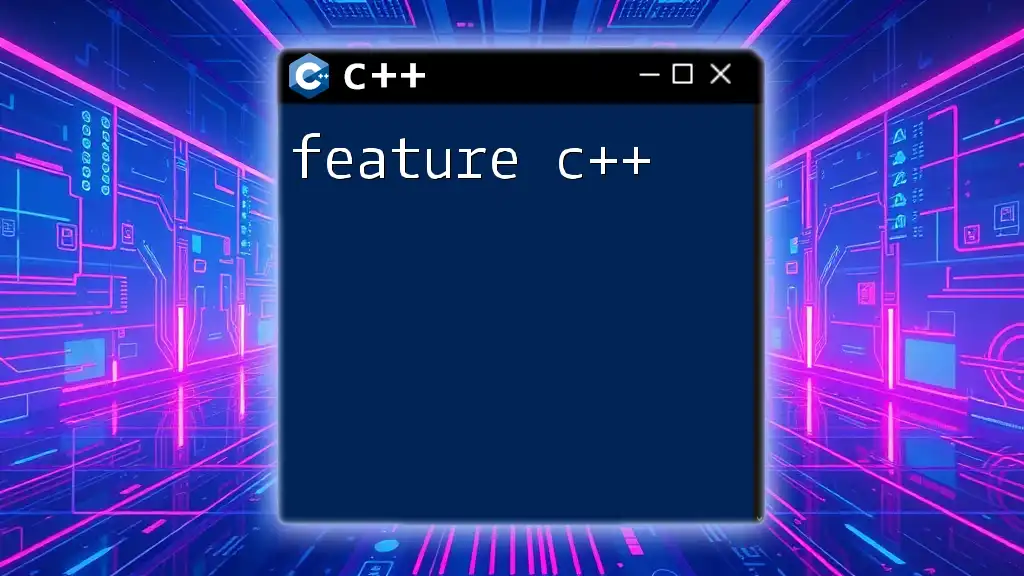
Conclusion
C++ attributes represent a powerful tool for developers, capable of enhancing code clarity, aiding compiler optimization, and helping to maintain high code quality standards. By leveraging attributes effectively, programmers can significantly improve their coding practices and produce more robust applications.
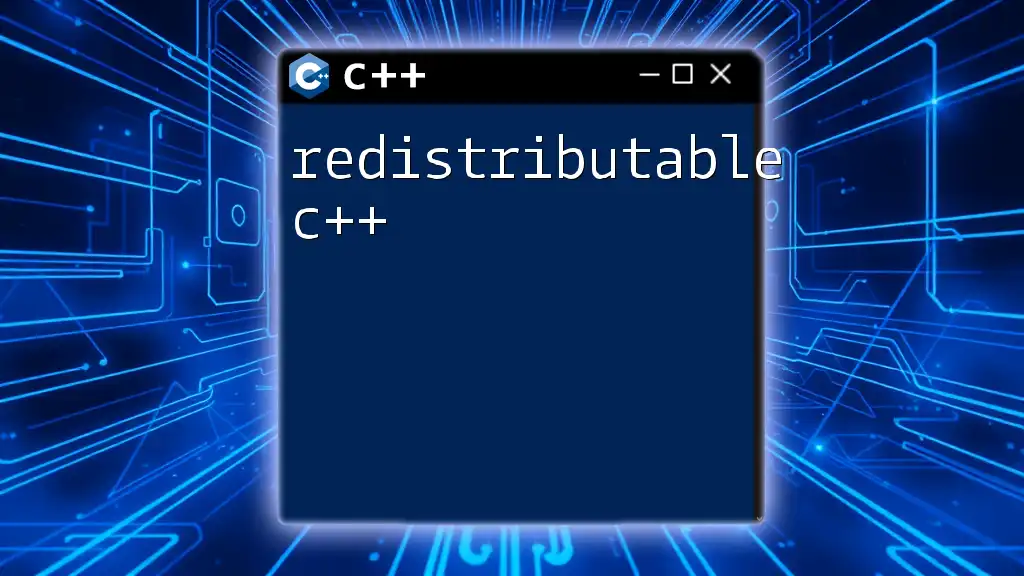
Resources for Further Learning
To continue your journey into the world of C++ attributes, explore the following resources:
- Books: "Effective C++" by Scott Meyers, which discusses best practices and patterns.
- Websites: The official ISO C++ website for up-to-date standards documentation.
- Courses: Online platforms like Coursera and Udemy offer C++ courses focusing on advanced topics, including attributes.

